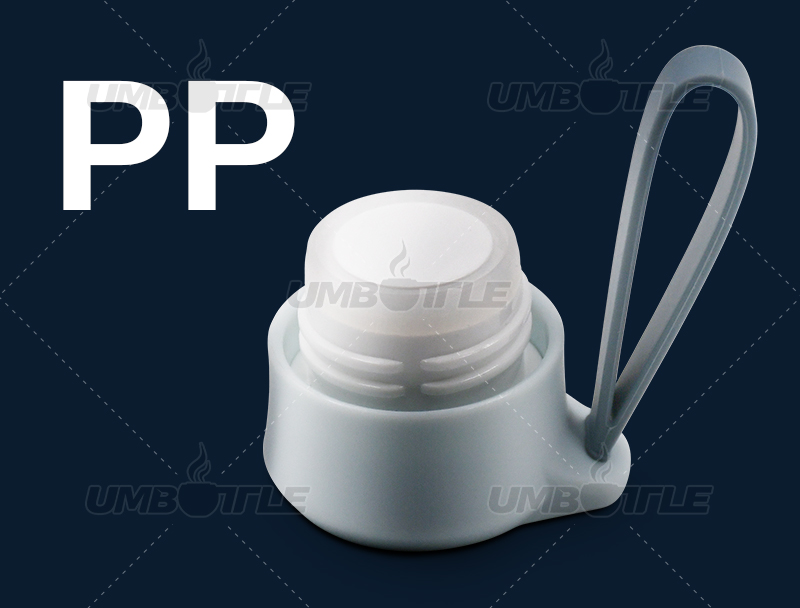What are the materials for producing plastic water bottles?
Hello everyone, "Dong Dong Talk Cup" is here. Starting today, I am preparing to do a difficult task. I plan to spend some time writing about the different properties, advantages, and disadvantages of the materials used to produce plastic water cups. http://www.umbottle.com/ProductsDetail-IR-10109.htmlWhy did the editor do this? The reason is that the editor recently saw some customer service representatives on a certain platform selling plastic water bottles, and when they replied to consumers, some of the content made people laugh bitterly, while others made people feel a little angry.
It is clearly not possible to install hot water, but the customer service of a certain brand said there is no problem; It is clearly a production issue that caused the damage during use, but it tells consumers that it was caused by improper use. Interested friends, please follow the editor. http://www.umbottle.com/ProductsDetail-IR-10109.htmlThe editor will try to provide a detailed introduction to these materials, so that you can make a scientific and reasonable judgment when purchasing plastic water bottles again.
There are many types of materials used in plastic water bottles currently being sold in the global market, including PP, PC, AS, PS, PE, PLA, PETG, PPSU, Tritan, etc. http://www.umbottle.com/ProductsDetail-IR-10109.htmlThese materials have different properties and some have similar performance, especially after being made into water bottles, it is difficult to judge directly from their appearance. Some materials contain harmful substances, while others do not. Today, the editor will start introducing PP materials.
PP (polypropylene), as a widely used plastic material, is often used in the production of various products, including plastic water cups and plastic cup lids, due to its unique properties and cost-effectiveness. http://www.umbottle.com/ProductsDetail-IR-10109.htmlAs a material for water cup production, PP must be food grade, which is different from the PP materials used in daily appliances, switches, and other applications.
What are the characteristics of PP?
Chemical stability, PP has good chemical resistance and is not easily corroded by acids, alkalis, salts, etc.
Heat resistance: The melting point of PP is about 160-170 ℃, which allows it to withstand hot water and short-term high temperature environments. The melting point temperature here is different from the critical temperature for high-temperature deformation. http://www.umbottle.com/ProductsDetail-IR-10109.htmlPlastic water bottles usually have a wall thickness between 1.2 millimeters and 2.5 millimeters. Once the temperature rises to between 120 ℃ and 130 ℃, the water bottle will deform.
Mechanical properties: PP has good tensile strength and elasticity, allowing it to withstand certain impacts and bending without easily breaking.
Lightweight: PP has a low density, making the water cup lighter and easier to carry and use.
What other characteristics does plastic PP have? Due to space constraints, I will share with you now. The rest of the content will be shared with you next time. Thank you for your continued attention.

Dongguan Zhanyi Commodity Technology Co., Ltd. specializes in the production of metal cups, plastic cups, coffee cups, suction mug, lunch boxes, food jar, travel mugs, portable water bottles, sports bottles, home life desktop trash cans, thermos bottles, etc.These products are all our annual exports, and are recognized and loved by the US, Europe, Australia, Japan, South Korea, Taiwan, Hong Kong and other consumers. Support for small quantity order, fast customization.